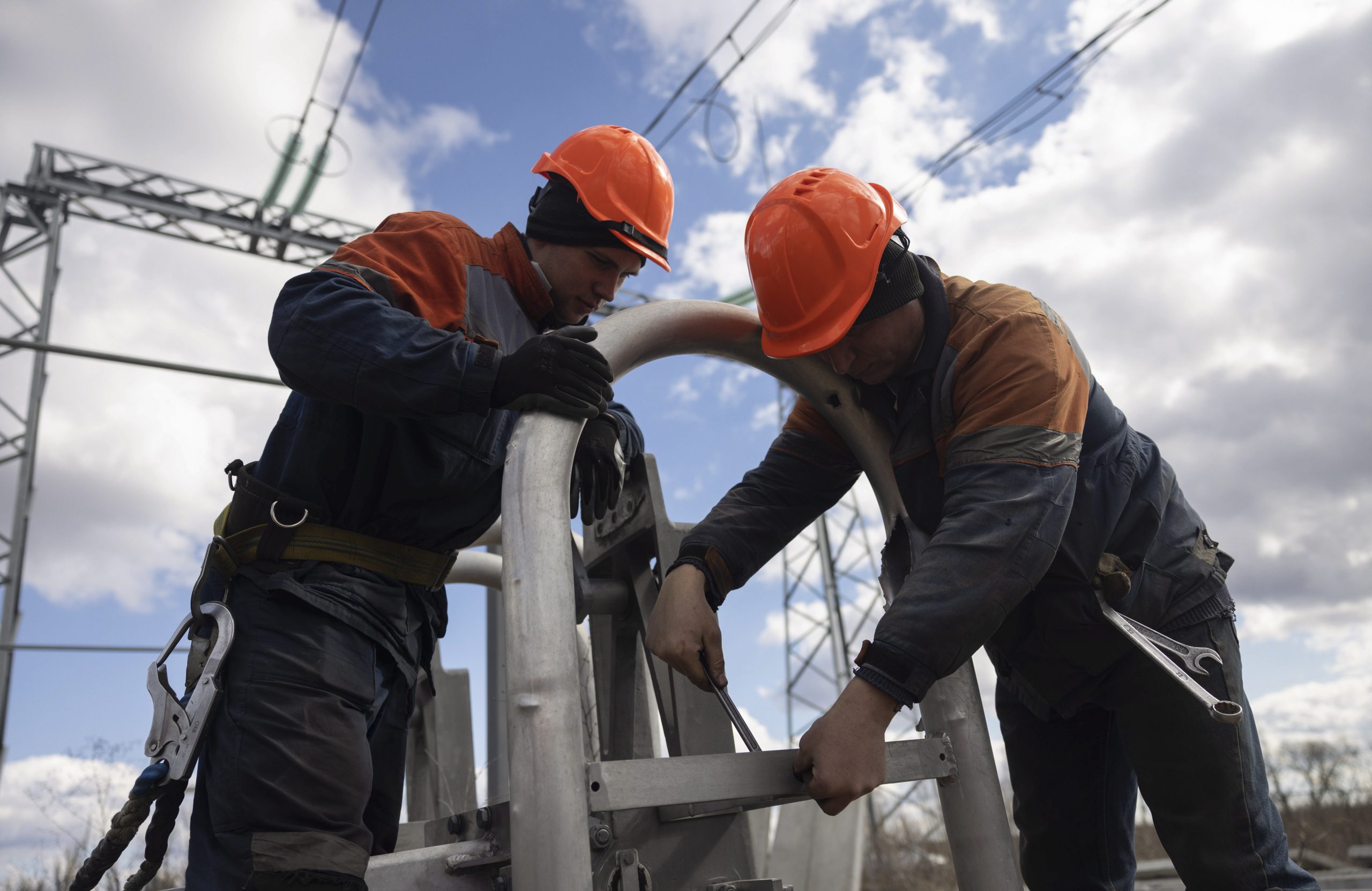A Tale of Two Populists: The Foreign Policy of PiS and Fidesz
This analysis into the foreign policies of Poland and Hungary under PiS and Fidesz, particularly in the context of the Russian war on Ukraine. Despite both parties being often labelled as populist, their foreign policy positions and actions differ. The ongoing Russian war against Ukraine has made these differences more visible, impacting their relationships with each other, other nations, and the EU.
Read more



















